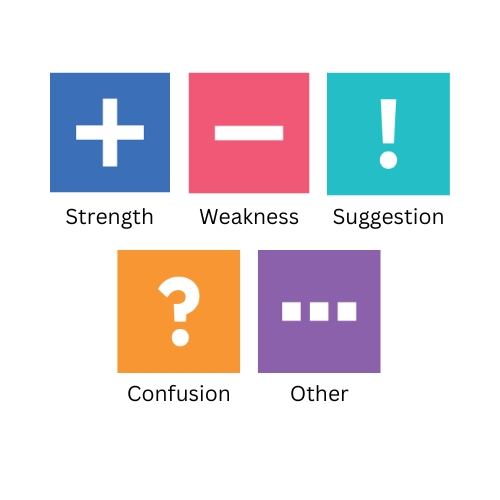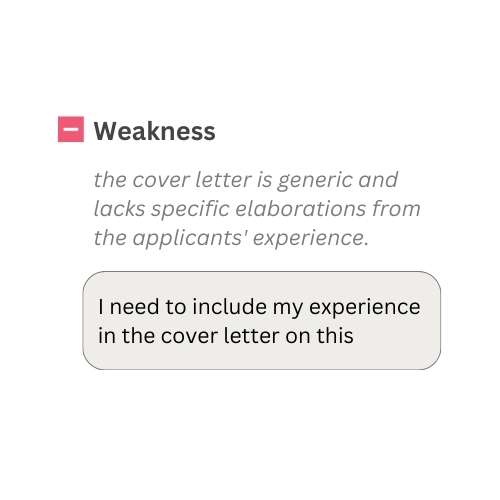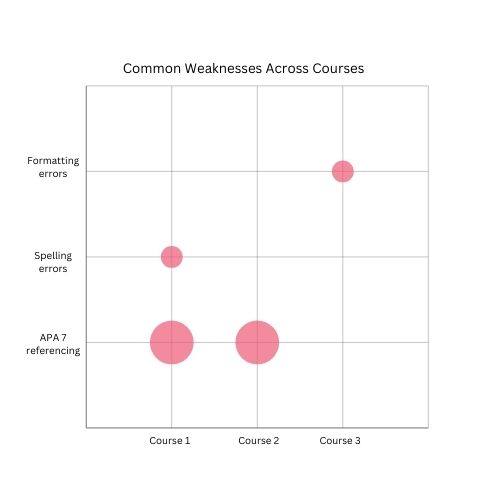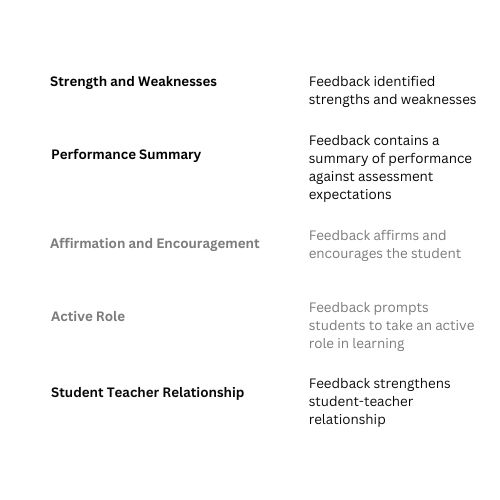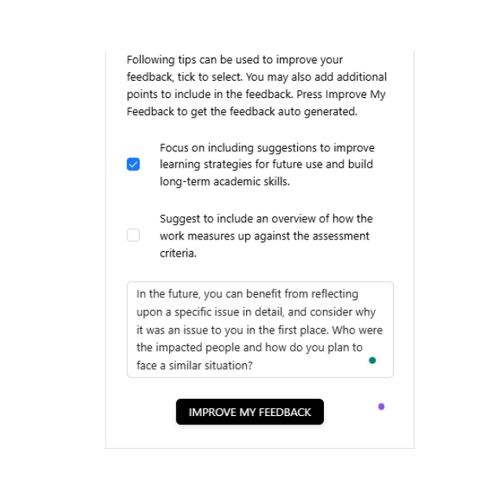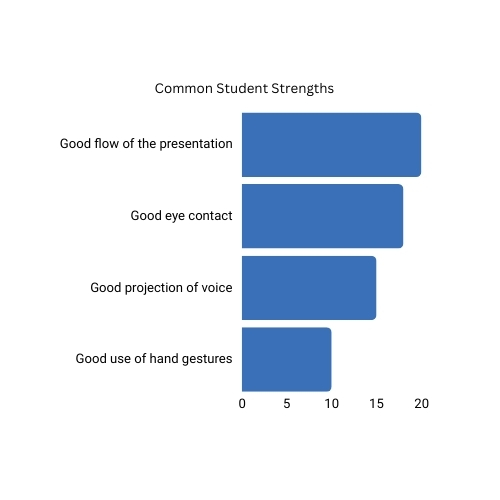
PolyFeed is an award-winning feedback analytics tool aimed to capture, analyse, and present students' interactions with feedback.
PolyFeed was developed based on stakeholder (e.g., students, educators, LA researchers) requirements and state of art feedback research such as feedback literacy, dialogic feedback, and learner-centred feedback. More than 1500 students and 300 teachers have been engaged in the design process and the tool was developed using design thinking approach.
Awards & Recognitions
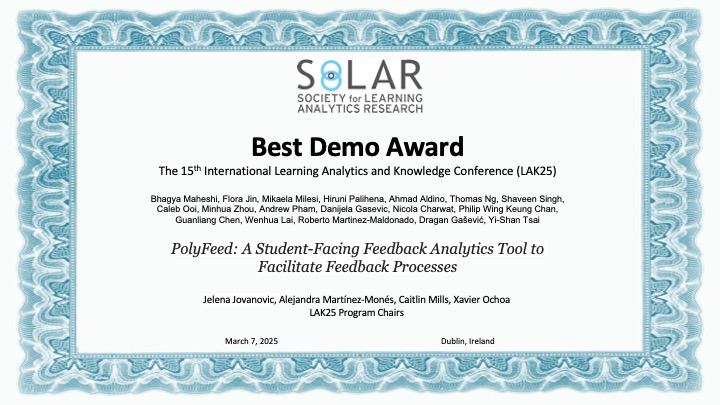
Best Demo Award - LAK25
PolyFeed Student won the Best Demo award at the 15th International Learning Analytics and Knowledge Conference. The demo "PolyFeed: A Student-Facing Feedback Analytics Tool to Facilitate Feedback Processes," showcased the features and functionalities of PolyFeed for students, along with findings from our pilot study.
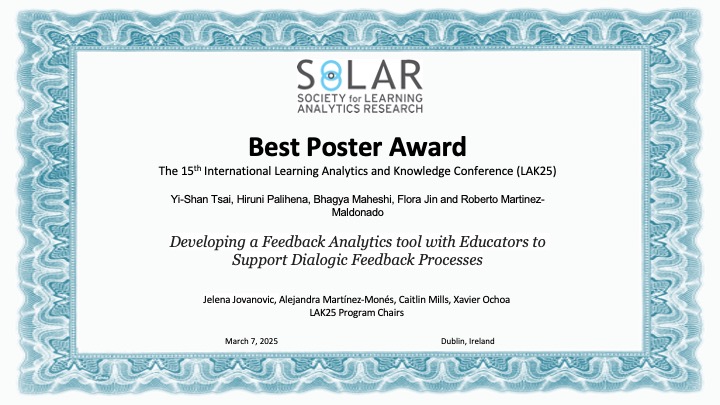
Best Poster Award - LAK25
PolyFeed Teacher won the Best Poster award at the 15th International Learning Analytics and Knowledge Conference. The poster "Developing a Feedback Analytics Tool with Educators to Support Dialogic Feedback," presents how we applied a design thinking approach to create PolyFeed for educators, supporting dialogic feedback.
